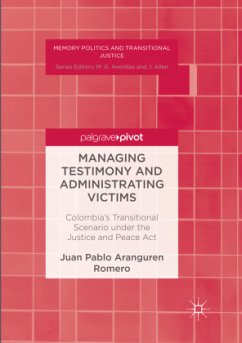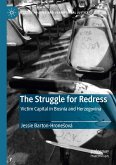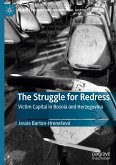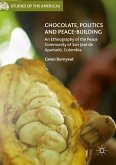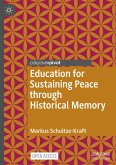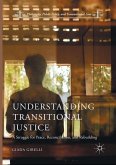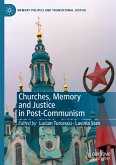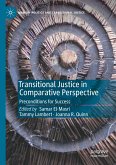This book analyzes the implementation of Law 975 in Colombia, known as the Justice and Peace Law, and proposes a critical view of the transitional scenario in Colombia from 2005 onwards. The author analyzes three aspects of the law: 1) The process of negotiation with paramilitary groups; 2) The constitution of the Group Memoria Histórica (Historic Memory) in Colombia and 3) The process of a 2007 law that was finally not passed. The book contains interviews with key actors in the justice and peace process in Colombia. The author analyses the contradictions, tensions, ambiguities and paradoxes that define the practices of such actors. This book highlights that a critical view of this kind of transitional scenario is indispensable to determine steps towards a just and peaceful society.
Bitte wählen Sie Ihr Anliegen aus.
Rechnungen
Retourenschein anfordern
Bestellstatus
Storno

